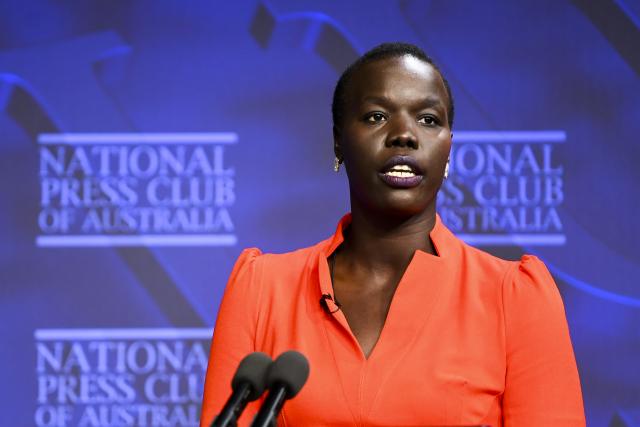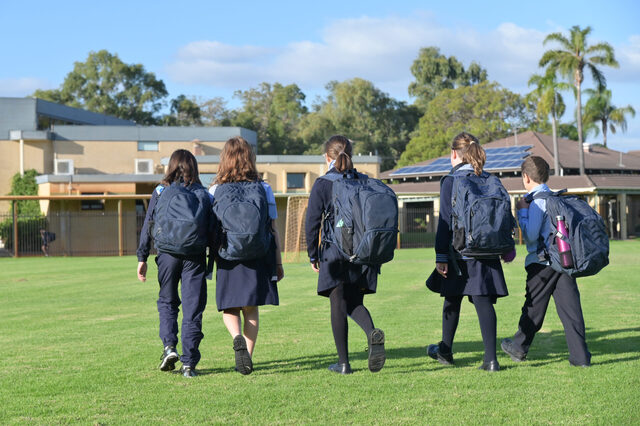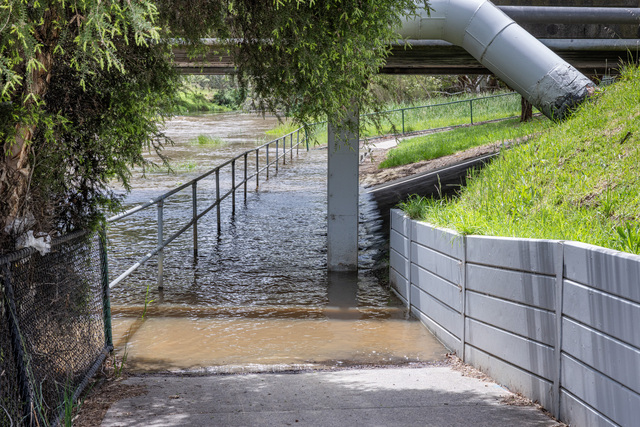Refugee and migrant women’s experiences of sexual harassment in the workplace will be investigated for the first time in a national study.
The Monash University project, launched earlier this month, will explore what challenges these women face and how those obstacles differ from others in society.
“We have big national studies that don’t capture the specific experiences of women who are migrants and refugees,” lead researcher Associate Professor Marie Segrave told AAP.
“If you are on a sponsored visa, if you are a student who only has a limited number of work hours, or if you hold a temporary visa, it can really contribute to someone targeting you for harassment, but it also potentially limits your options for seeking support.”
Previous studies have looked at the broader safety and security issues of migrant and refugee women, but this cohort hasn’t been asked before about their experiences at work.
“We were able to demonstrate that temporary visa holders experience a higher rate of controlling and abusive behaviours that are directly connected to their migration status,” Prof Segrave said.
“We expect that people decide to put up with harassment at work until they’re a permanent resident but we’ve never been able to demonstrate that.
“Visa sponsorship, visa systems and migration status really should be part of the conversation to better understand women’s experiences.”
Prof Segrave is hoping to hear from more than a thousand Australian women for the study, which is being done in partnership with the Harmony Alliance.
“Australia is finally having the conversations we need to have about sexual harassment in the workplace,” the alliance’s chair Nyadol Nyuon said.
“It’s so important that we now understand the experiences of migrant and refugee women who we know are at a higher risk of sexual harassment at work so that we can develop the systemic and cultural responses that are needed to ensure their safety.”
The study launches online on Tuesday 9 August and will last for a month. A report into the findings is expected to be published early next year.

















